Temperature probes, commonly known as thermocouples, play a vital role in measuring temperature accurately in various industries and fields. These versatile devices are extensively used for temperature sensing in applications ranging from industrial processes to scientific experiments. By understanding the components, variations in design, and applications of temperature probes, we can appreciate their significance in modern temperature measurement. Read More…
In business since 1972, Thermo Sensors Corporation is a leading thermocouple manufacturer of an array of many products and services.
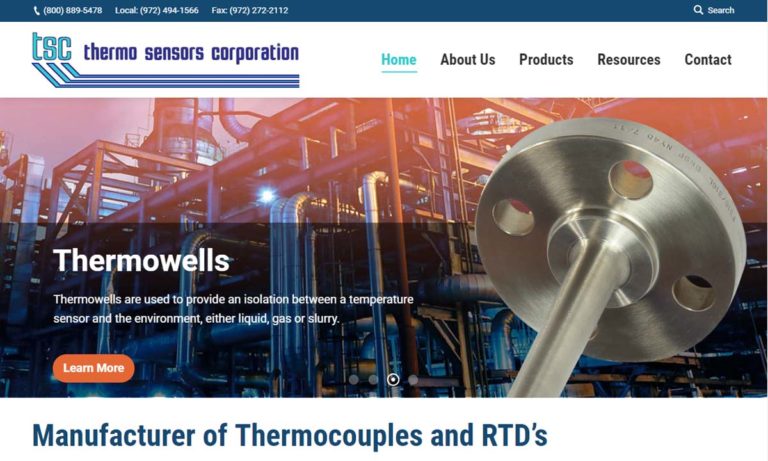
We manufacture a full line of Thermocouples to fit your application. Temperatures from cryogenic to 4000F, and sizes ranging from needle thin to several thousand pound multipoint temperature sensors.
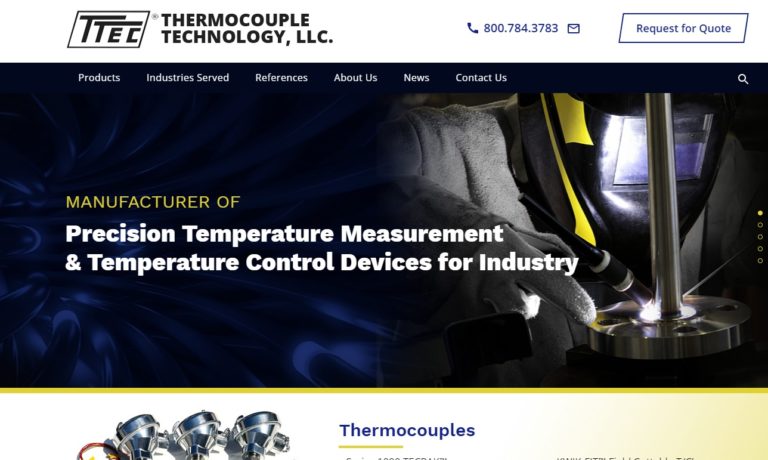
Kelvin Technologies is a high-quality thermocouple manufacturer, representative, and distributor for all of your electrical heating, temperature controlling, and temperature sensing requirements. Our products are engineered and manufactured in-house to address specific requirements, such as higher temperatures and more compact profiles. With over 100 years of combined experience, all of us at...
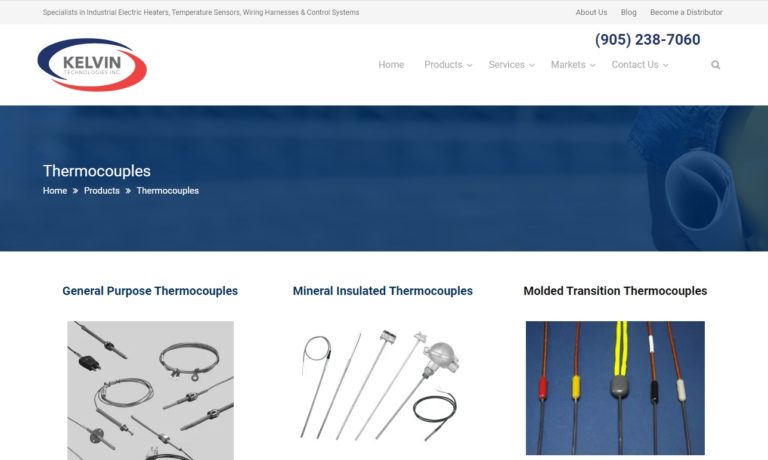
Temperature Specialists, Incorporated is a manufacturer of quality thermocouples. Temperature Specialists provide solutions for your sensing needs by building to meet your specifications. Feel free to visit their comprehensive and helpful website for full descriptions of their state-of-the-art line of quality products and services or call their experts with any questions.
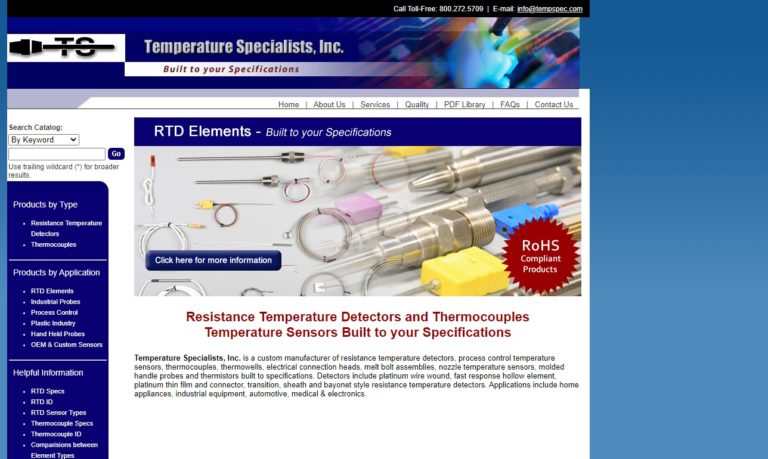
Since 1971, Thermalogic has been a leading manufacturer of electronic temperature and humidity control and sensors. Here at Thermalogic we work with our clients in a partnership to build a lasting business relationship. All of our products have quick turnaround times, including custom designs, and are thoroughly tested prior to being sent out. At Thermalogic we pride ourselves on our high...
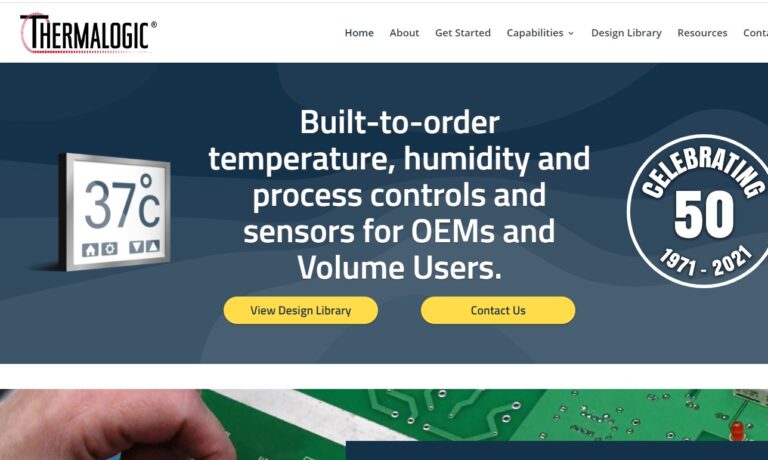
We have over 81 years of successful manufacturing experience and we offer a wide range of solutions. Our thermostats are utilized in industries including HVAC, process heating, food service, laboratory tank heating, industrial system control, and more. We have made it our mission to remain on the forefront of our industry and we work closely with our customers to ensure maximum satisfaction.
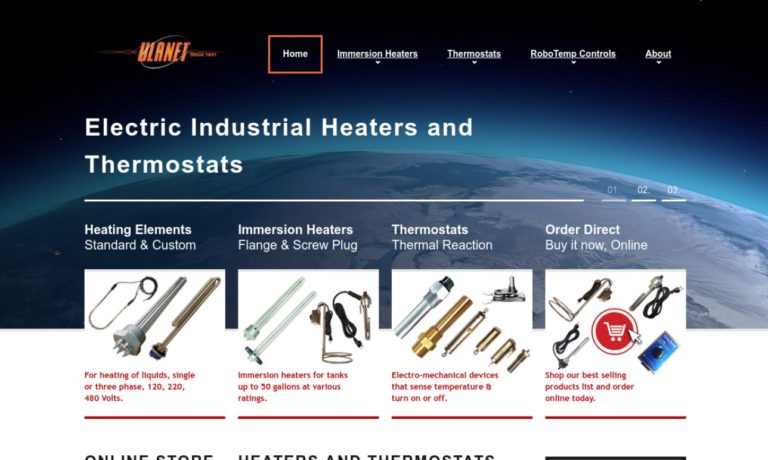
More Temperature Probe Manufacturers
Components and Working Principles of Temperature Probes
Temperature probes consist of several essential components that work together to measure temperature accurately. At the heart of a temperature probe is the thermocouple, which comprises two dissimilar metal wires connected at one end. When the temperature changes, it creates a voltage difference between the junctions, enabling temperature measurement. Other components, such as reference junctions, insulation materials, and protective sheaths, ensure reliable and precise temperature sensing.
Variation in Design or Components of Temperature Probes
Temperature probes exhibit variations in design and components to cater to specific requirements. resistance temperature detectors (RTDs) utilize the change in electrical resistance of metals with temperature and are renowned for their high-accuracy measurements. They find applications in industries such as manufacturing and laboratories where precise temperature control is critical. Thermistors, on the other hand, are temperature-sensitive resistors that offer advantages like fast response time and compact size. They are widely used in medical devices and automotive temperature control systems. Finally, infrared temperature probes utilize infrared radiation to measure temperature without physical contact. Their non-invasive nature makes them suitable for applications in the food industry and HVAC systems, among others.
Considerations Regarding and Manufacturer Solutions
While temperature probes provide invaluable temperature measurement capabilities, there are some considerations to address. Challenges may include calibration drift, or the gradual change in the accuracy of the device over time, susceptibility to electromagnetic interference, and limited temperature ranges in which they can operate. To combat these issues, manufacturers employ advanced calibration techniques, develop robust shielding methods, and expand the temperature ranges of their probes. These efforts aim to enhance the accuracy, reliability, and longevity of temperature probes in diverse operating conditions.
Benefits of Temperature Probes
Temperature probes offer a multitude of benefits that make them essential tools in temperature measurement and control. To begin with, their high accuracy and repeatability ensure precise temperature readings, enabling industries to maintain optimal process conditions, ensure product quality, and adhere to safety standards. As a group, temperature probes are also versatile, capable of measuring temperatures across a wide range, from extremely low temperatures in cryogenic applications to ultra-high temperatures in industrial processes. This versatility allows temperature probes to be used in diverse environments and applications.
Moreover, temperature probes exhibit excellent durability, making them reliable even in harsh conditions. They are designed to withstand various environmental factors such as moisture, vibration, and chemical exposure, ensuring long-term performance and minimizing maintenance requirements. The compatibility of temperature probes with different systems and equipment further enhances their usefulness. They can be seamlessly integrated into existing control systems, data loggers, or monitoring devices, enabling easy implementation and integration into various processes and applications.
In addition to the aforementioned benefits, temperature probes provide other advantages. One such benefit is their fast response time, enabling real-time monitoring and rapid temperature changes detection. This feature is crucial in applications where quick temperature adjustments or event detection is essential, such as in industrial processes or temperature-sensitive experiments. Temperature probes also offer excellent stability, maintaining their accuracy and performance over an extended period. This stability ensures reliable and consistent temperature measurements, minimizing the need for frequent recalibration or replacement.
Furthermore, temperature probes are often compact in size, allowing for easy installation and placement in tight spaces. Their small form factor enables flexibility in applications where space constraints exist, without compromising accuracy or reliability. Additionally, temperature probes can be designed with high precision and resolution, allowing for fine-grained temperature control and measurement in situations that demand meticulous temperature monitoring.
Applications of Temperature Probes
Temperature probes find extensive applications across a diverse range of industries and fields. In the medical field, for instance, temperature probes play a crucial role in patient monitoring, enabling accurate and continuous measurement of body temperature for diagnostics, critical care, and general healthcare. Additionally, temperature probes are utilized in medical equipment to ensure precise temperature control during procedures, such as surgeries and laboratory experiments. In the automotive industry, meanwhile, temperature probes are employed for temperature monitoring and control in various vehicle systems, including engine management, exhaust gas analysis, and climate control. Temperature probes help optimize engine performance, monitor exhaust emissions, and maintain comfortable cabin temperatures. In the realm of HVAC (heating, ventilation, and air conditioning) systems, temperature probes are essential for monitoring and regulating temperature in buildings and facilities. They enable efficient climate control, ensuring optimal comfort and energy efficiency. Furthermore, temperature probes continue to be vital in applications such as the food industry for ensuring food safety and quality control, healthcare for laboratory experiments and medical devices, manufacturing for process control and material testing, environmental monitoring for climate research and greenhouse control, and the energy sector for power generation and renewable energy systems. The versatility and precision of temperature probes make them invaluable in these varied industries, contributing to enhanced efficiency, quality assurance, and innovation.
Choosing the Proper Temperature Probe Supplier
To ensure you have the most productive outcome when purchasing temperature probes from a temperature probe supplier, it is important to compare several companies using our directory of temperature probe suppliers. Each temperature probe supplier has a business profile page highlighting their areas of experience and capabilities, along with a contact form to directly communicate with the supplier for more information or to request a quote. Review each temperature probe business website using our proprietary website previewer to quickly learn what each company specializes in. Then, use our simple RFQ form to contact multiple temperature probe companies with the same form.

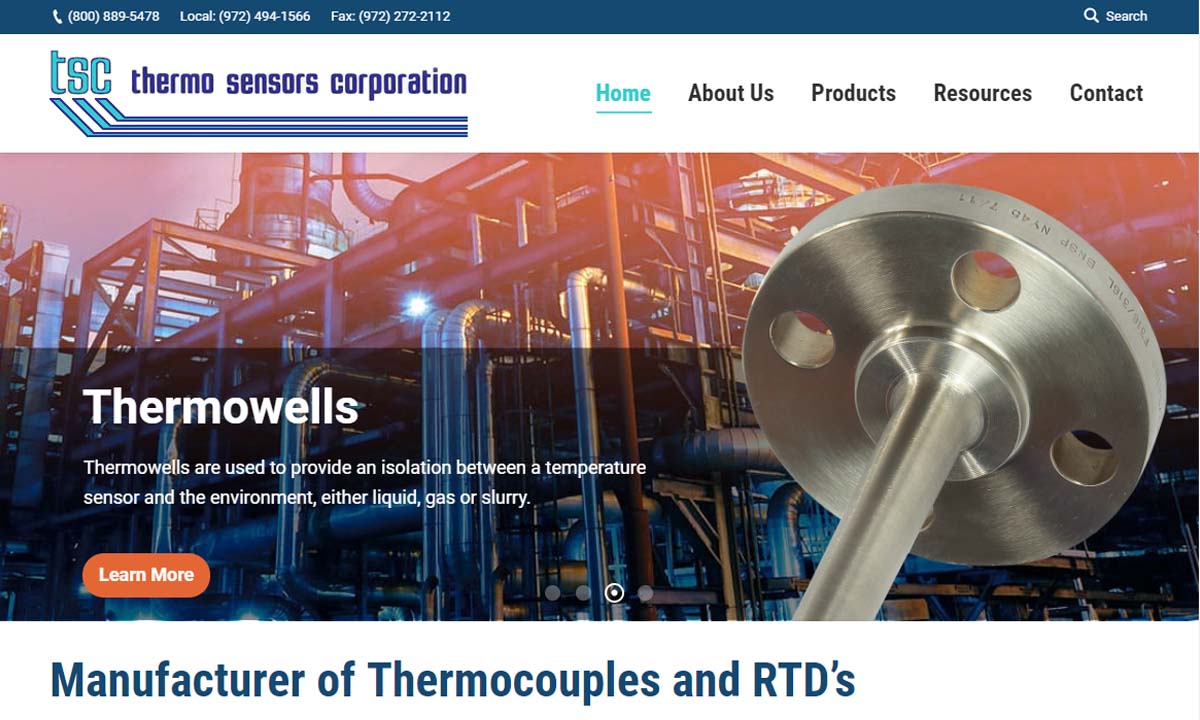
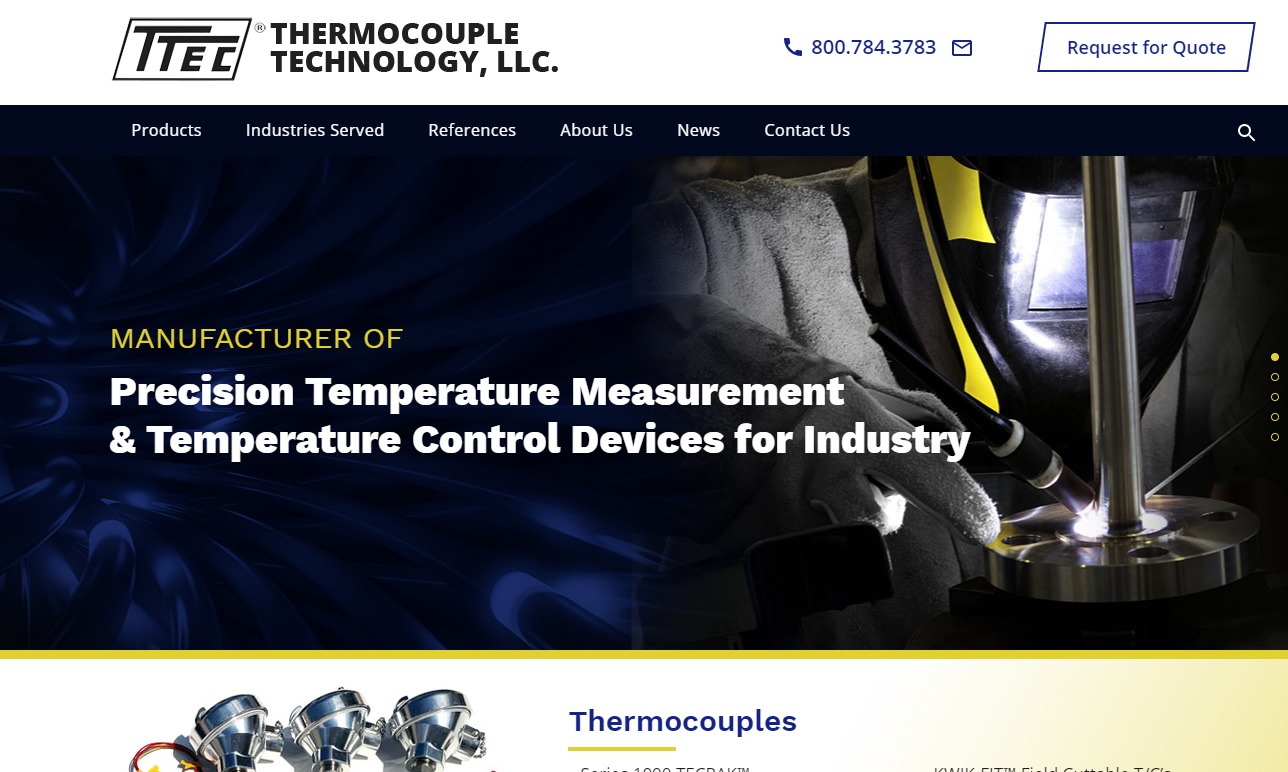
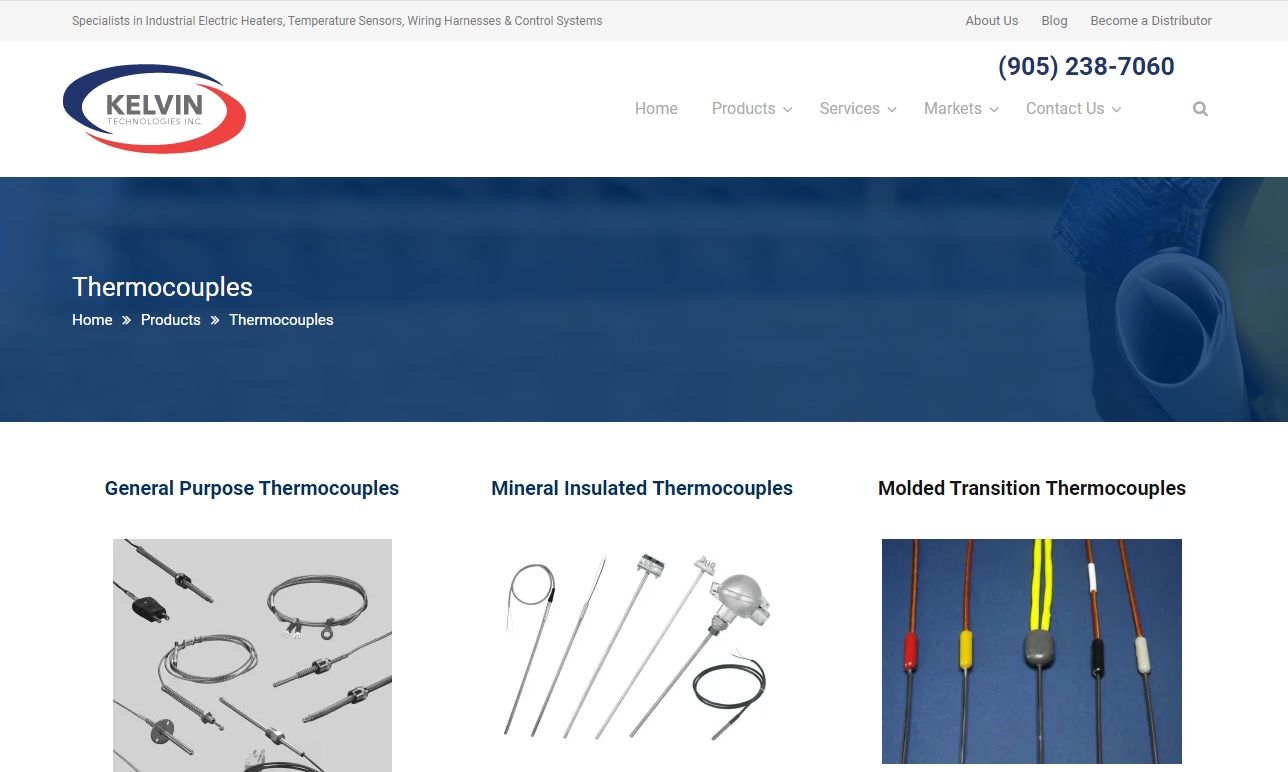
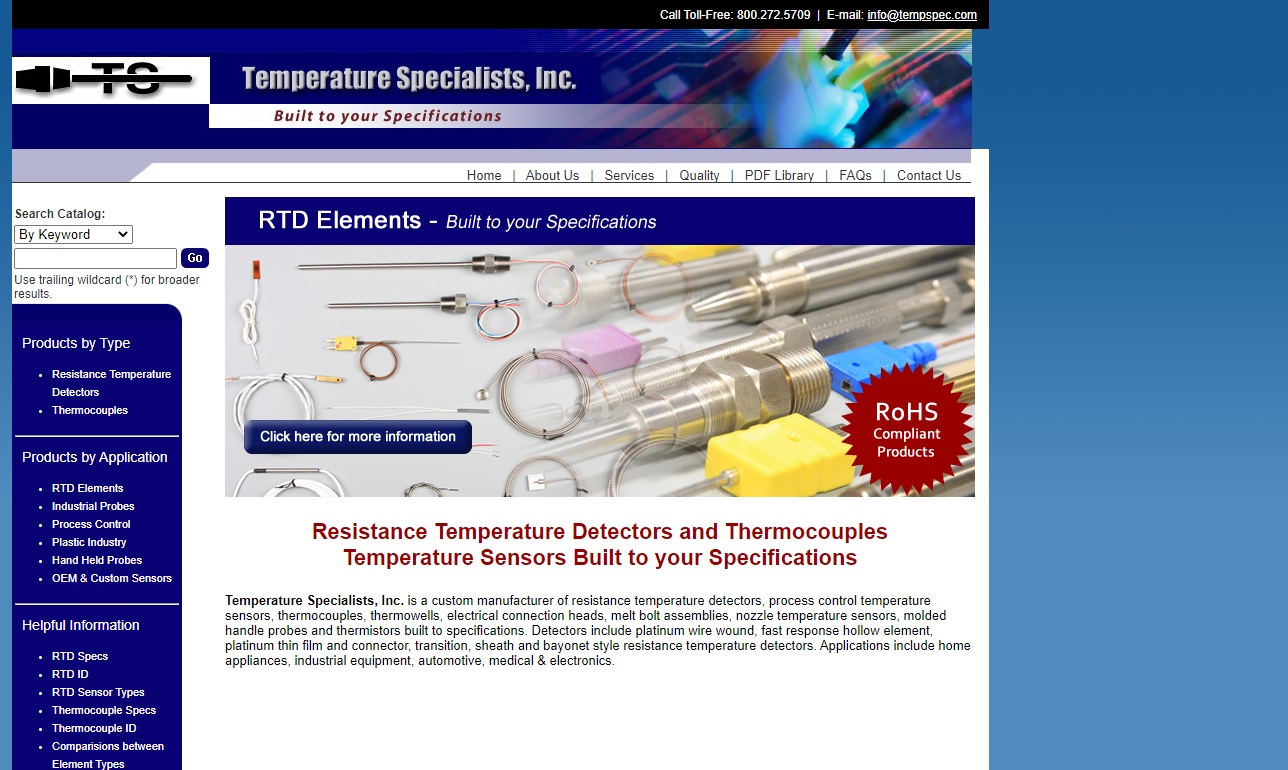
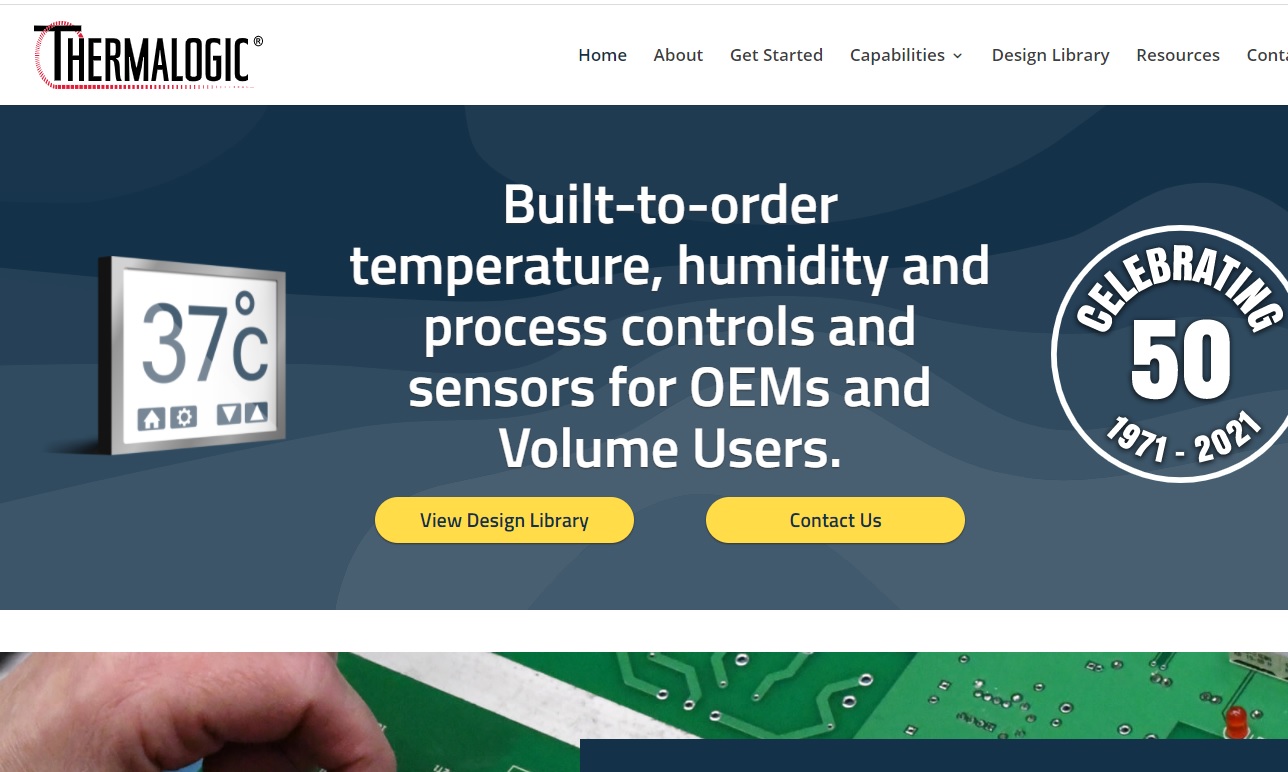
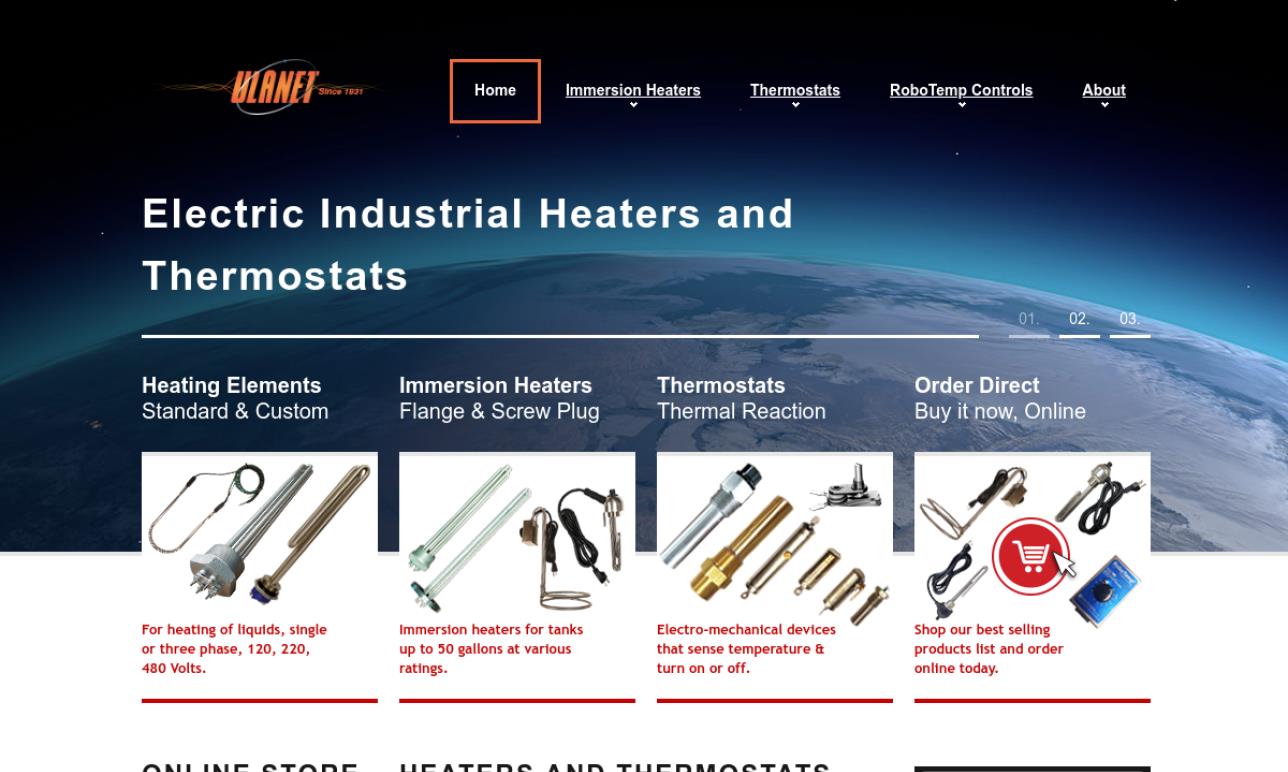
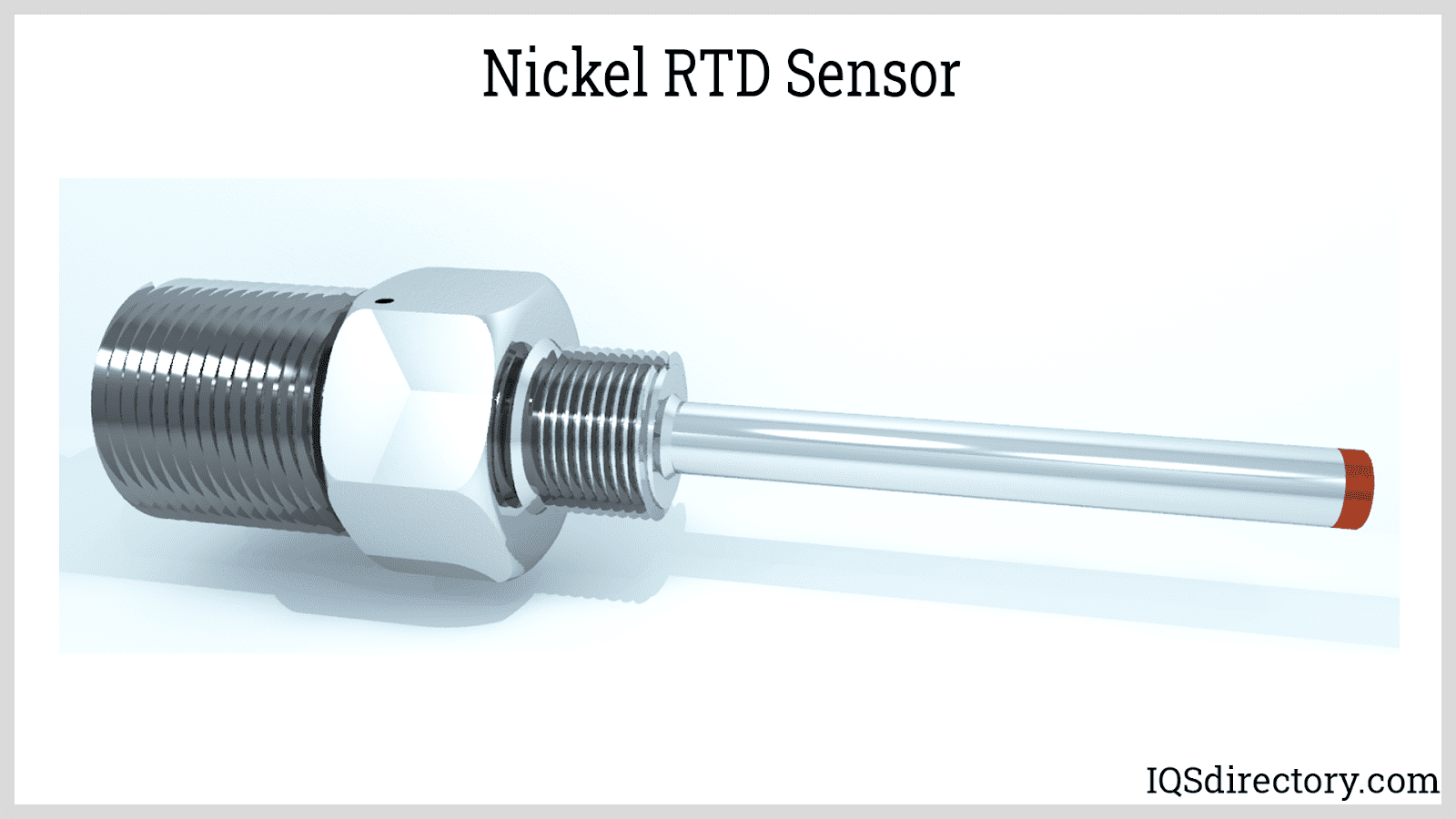
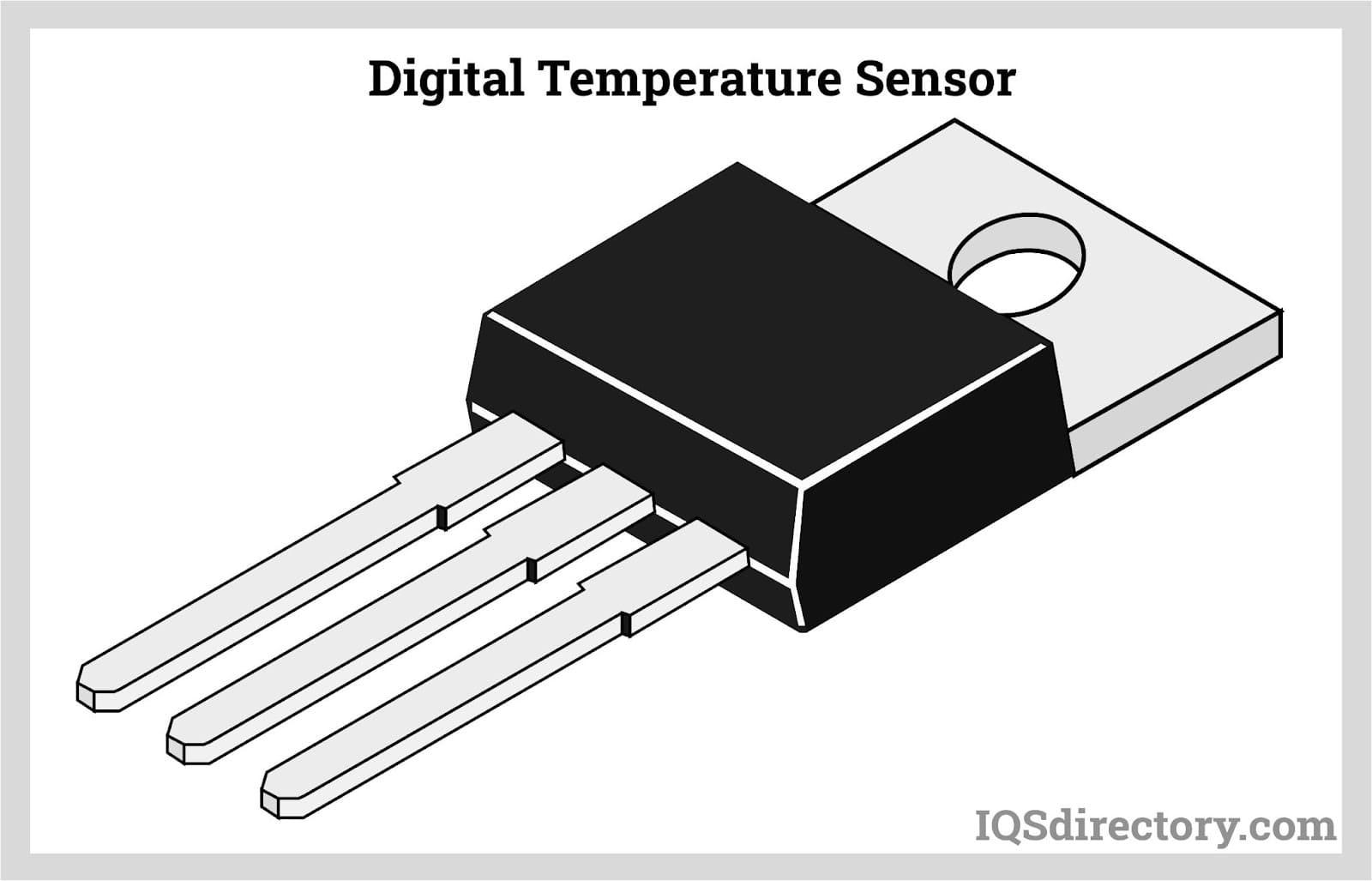
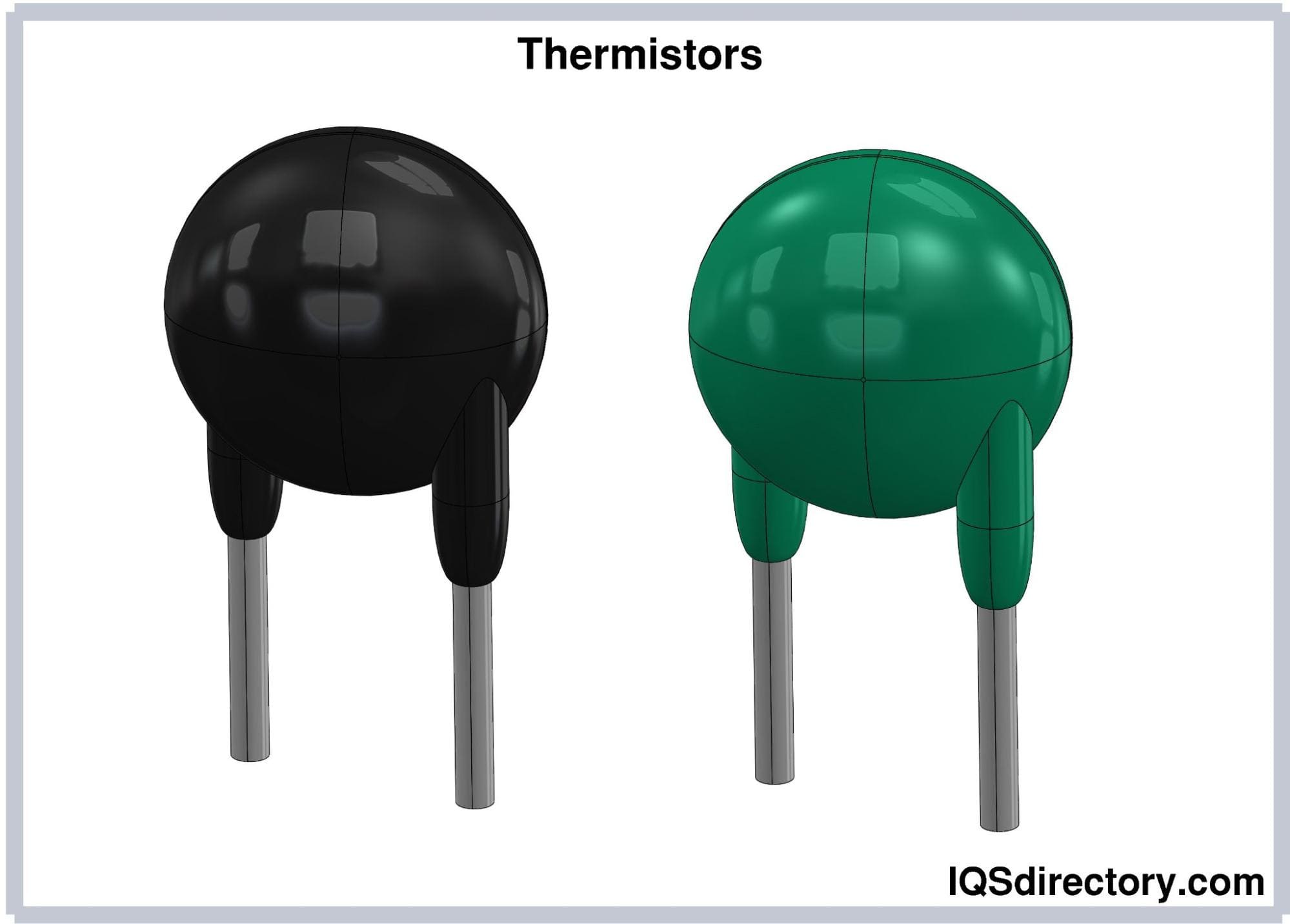
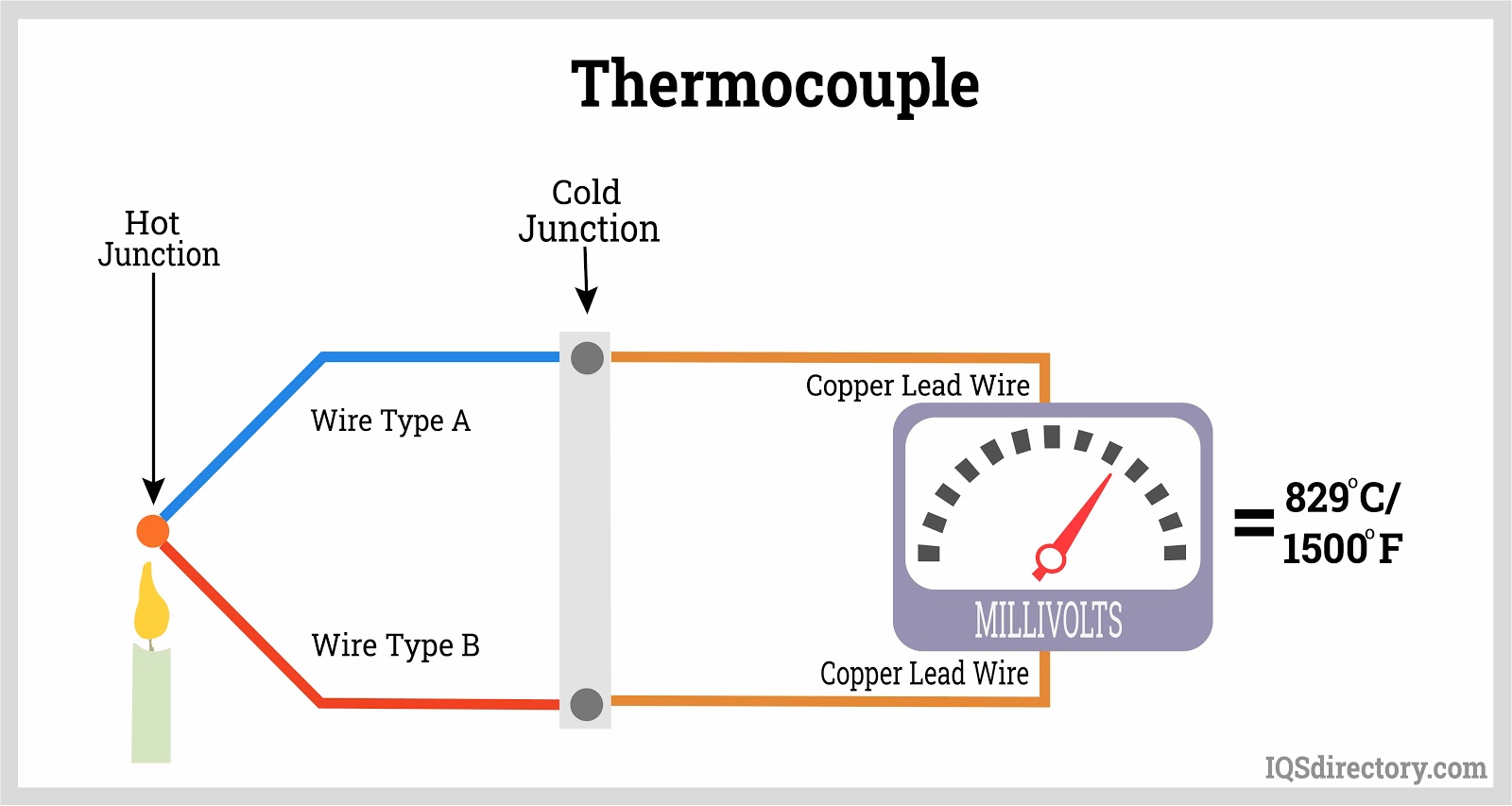
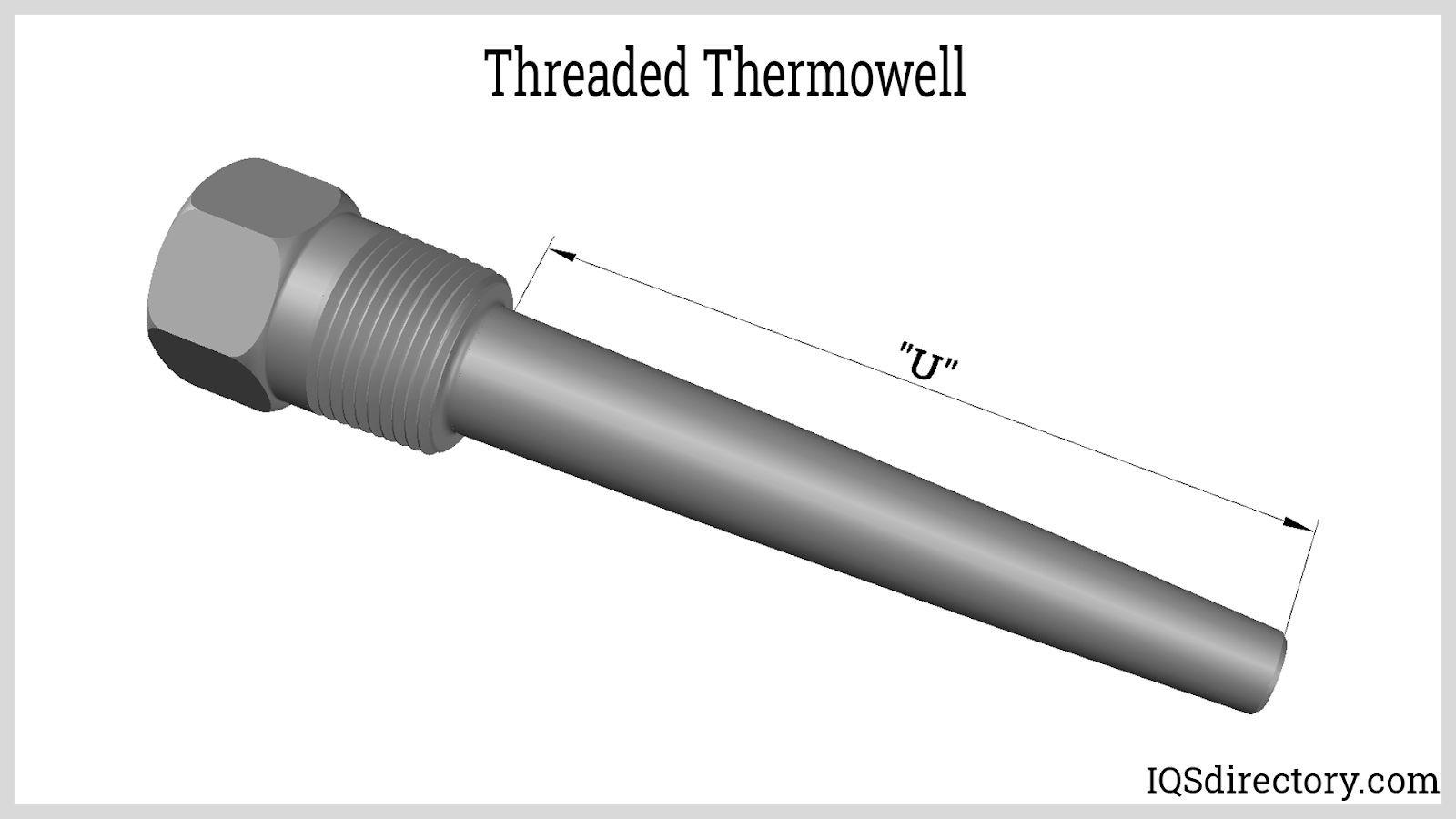
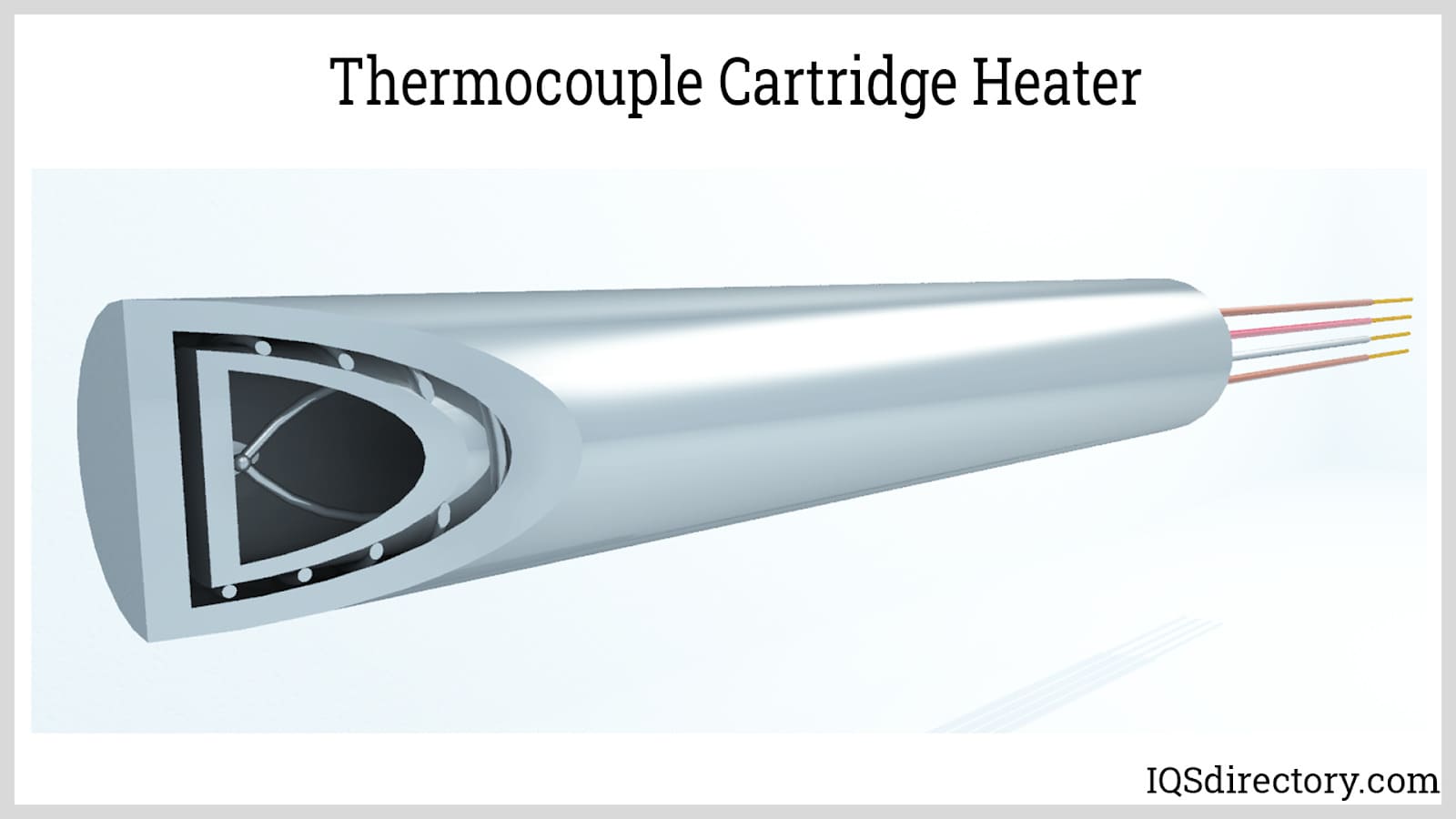
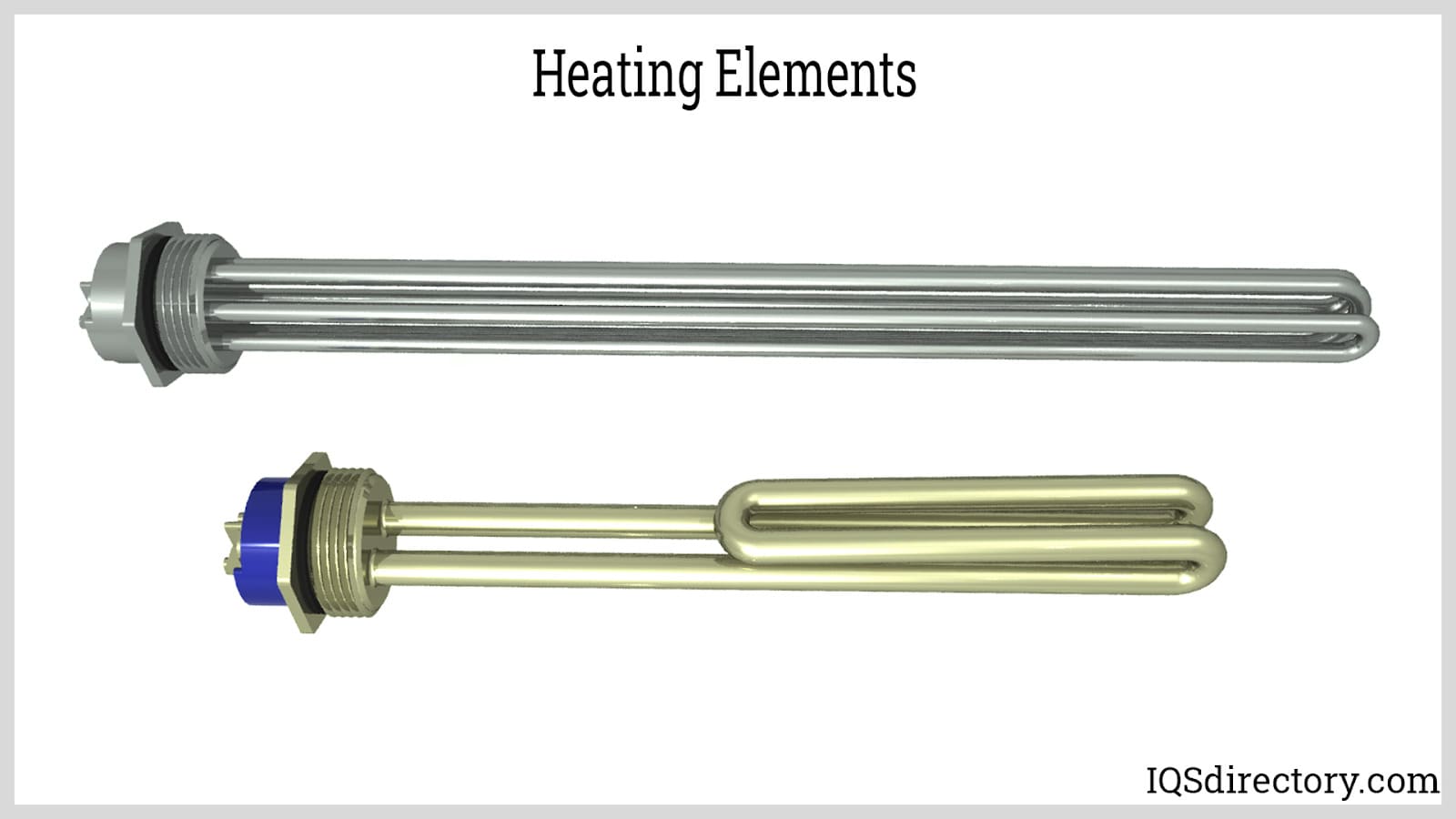
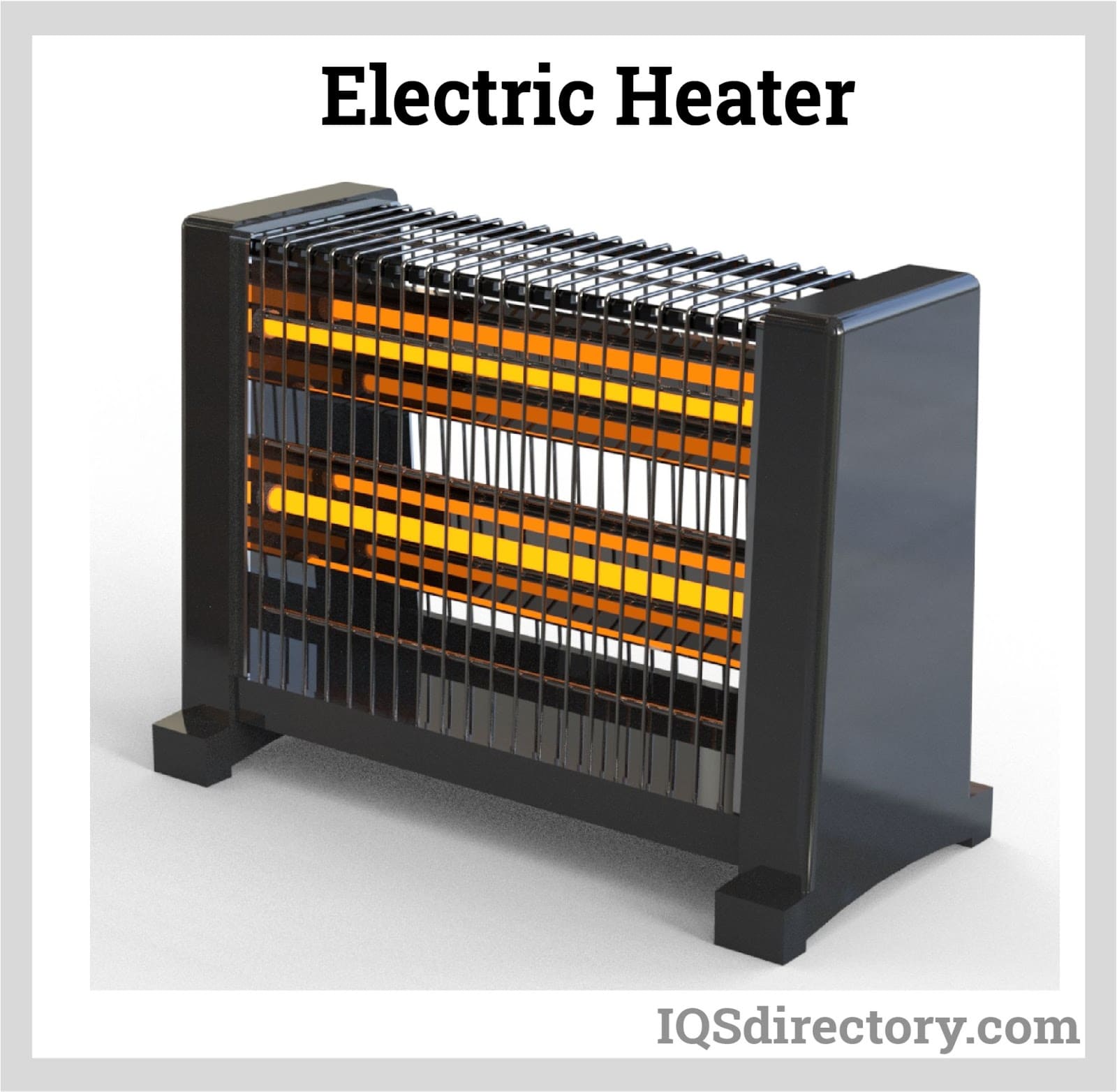
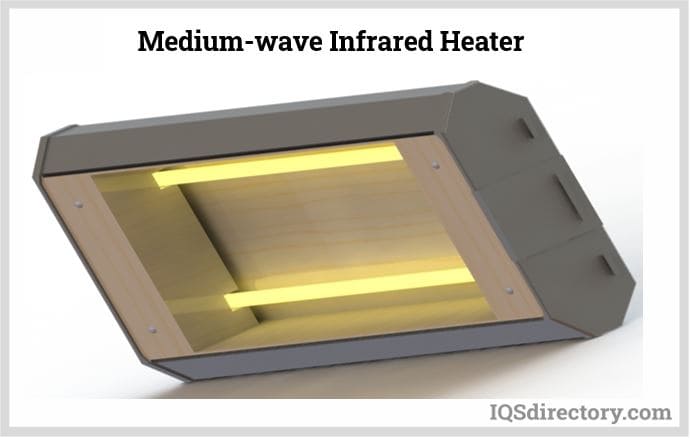
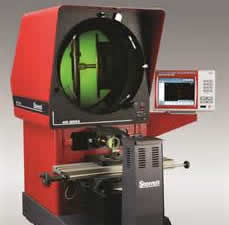 Calibration Services
Calibration Services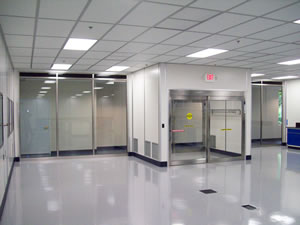 Clean Rooms
Clean Rooms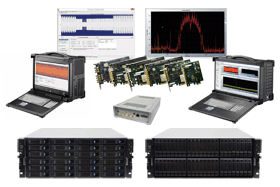 Data Acquisition Systems
Data Acquisition Systems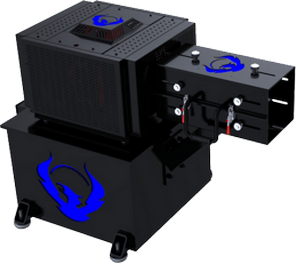 Dynamometers
Dynamometers Environmental Test Chamber
Environmental Test Chamber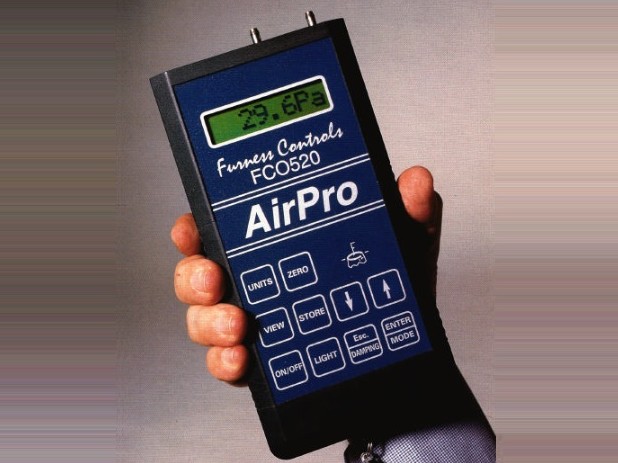 Leak Detectors
Leak Detectors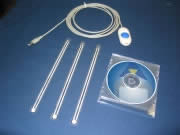 Load Cells
Load Cells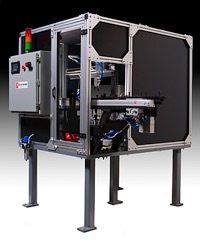 Machine Vision Systems
Machine Vision Systems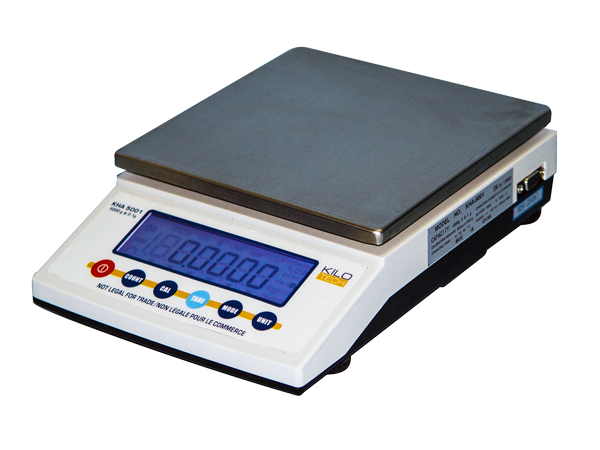 Scales
Scales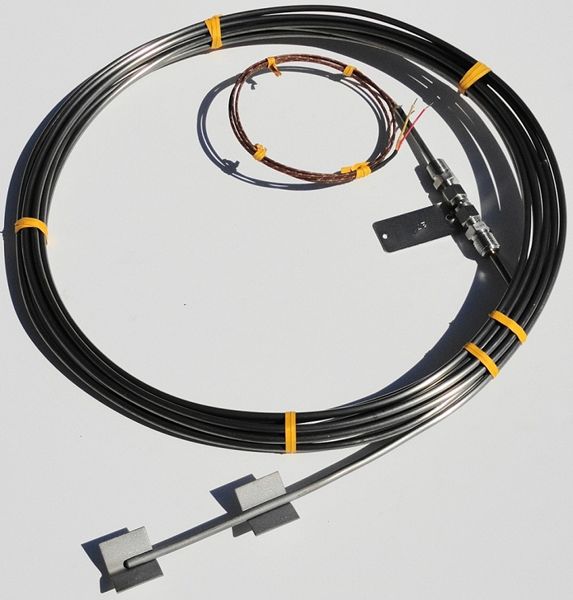 Thermocouples
Thermocouples Castings & Forgings
Castings & Forgings Bulk Material Handling
Bulk Material Handling Electrical & Electronic Components
Electrical & Electronic Components Flow Instrumentation
Flow Instrumentation Hardware
Hardware Material Handling Equipment
Material Handling Equipment Metal Cutting Services
Metal Cutting Services Metal Forming Services
Metal Forming Services Metal Suppliers
Metal Suppliers Motion Control Products
Motion Control Products Plant & Facility Equipment
Plant & Facility Equipment Plant & Facility Supplies
Plant & Facility Supplies Plastic Molding Processes
Plastic Molding Processes Pumps & Valves
Pumps & Valves Recycling Equipment
Recycling Equipment Rubber Products & Services
Rubber Products & Services